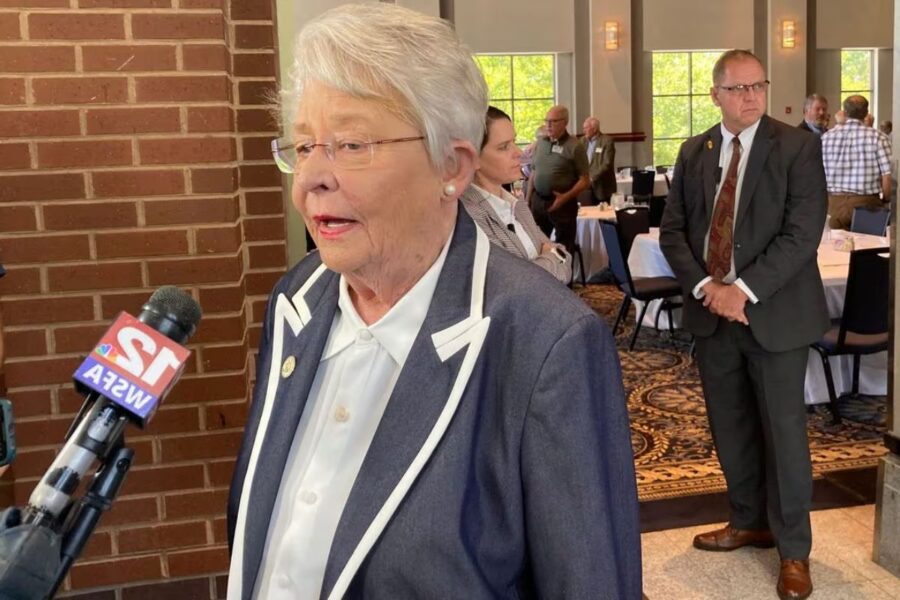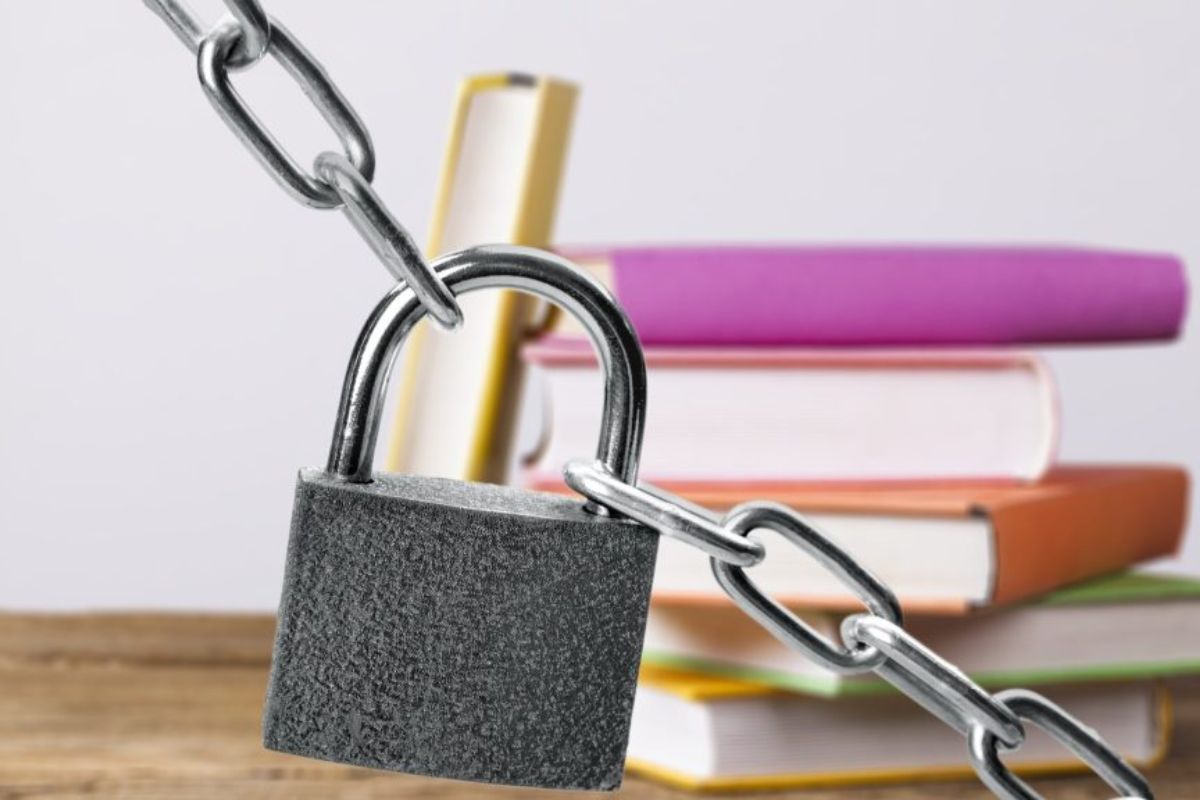Alabama Librarians Counter Governor Ivey: In a contentious move that has sparked debates within Alabama’s library community, Governor Ivey recently proposed revisions to the state’s library code. This has prompted a strong response from local librarians. While the proposed changes aim to address concerns regarding the content available to minors, the Alabama Library Association (ALLA) has countered with a focus on preserving parental autonomy in library access.
This clash of perspectives not only highlights the contrasting approaches to library governance, but also raises questions about the broader issues of libraries, parental authority, and external influence. As tensions mount, the shifting landscape of library policy modifications and political dynamics in Alabama leaves us to ponder the implications of these code revisions and the implications for libraries and their patrons.
Key Takeaways
- Governor Kay Ivey initiated a public comment period for proposed changes to Alabama’s state library code.
- The Alabama Library Association (ALLA) presented a counterproposal that emphasizes parental autonomy in determining appropriate content for minors.
- The proposed changes seek to strike a balance between parental decision-making and providing a wide range of resources for all patrons.
- The clash over proposed changes sparks a debate about libraries, parental authority, and external influence.
Proposed Changes to Alabama’s State Library Code: Governor Ivey Initiates Public Comment Period
Governor Kay Ivey has initiated a public comment period to address the proposed changes to Alabama’s state library code, which aim to address concerns regarding the American Library Association‘s alleged influence in providing inappropriate materials to children.
These proposed modifications have sparked a debate among librarians in Alabama. The governor’s decision to open a public comment period demonstrates a commitment to ensuring transparency and gathering input from stakeholders.
This allows librarians, parents, and community members to voice their concerns or support for the proposed changes. By initiating this public comment period, Governor Ivey is taking a proactive approach to address the concerns raised regarding the alleged influence of the American Library Association.
This process will provide an opportunity for a thorough review of the proposed changes and allow for an informed decision-making process.
ALLA’s Counterproposal: Emphasizing Parental Autonomy in Library Access
The Alabama Library Association (ALLA) has responded to the proposed changes to Alabama’s state library code by presenting a counterproposal that emphasizes the importance of parental autonomy in determining appropriate content for minors.
Their revised code section highlights the ultimate authority of parents or guardians over a minor’s access to materials, challenging the notion of the library acting in loco parentis.
The ALLA’s counterproposal aims to address concerns regarding the potential for censorship by providing a framework that respects parental rights while still upholding the principles of intellectual freedom and access to information.
The proposed changes seek to strike a balance between allowing parents to make decisions for their children and ensuring that libraries continue to provide a wide range of resources for all patrons.
Contrasting Approaches: Analyzing Ivey’s Proposal and ALLA’s Counterproposal
When comparing Governor Ivey’s proposed section with the ALLA’s counterproposal, distinct differences emerge in their approaches to addressing library access for minors. Governor Ivey’s focus is on relocating materials in a way that does not violate the library’s non-discrimination creed based on age.
On the other hand, the ALLA’s counterproposal includes an additional provision that requires libraries to adopt policies regarding unsupervised minors in order to qualify for state aid, a provision that is absent in Ivey’s version. This difference reflects the divergent priorities of the two proposals, with Governor Ivey’s focusing on the rights of individual patrons and the ALLA’s counterproposal emphasizing the need for responsible library management. The table below summarizes the key differences between the two approaches:
| Governor Ivey’s Proposal | ALLA’s Counterproposal |
|---|---|
| Relocation of materials | Adoption of policies regarding unsupervised minors |
| Non-discrimination based on age | Qualification for state aid |
| Individual patron rights | Responsible library management |

ALSO READ: Alabama Public Library Service Big Board Meeting
Policy Modifications and Political Dynamics: The Shifting Landscape of Library Governance
As the clash between proposed changes and counterproposals unfolds within the realm of Alabama library governance, the landscape is shifting with policy modifications and emerging political dynamics.
The Alabama Library Association (ALLA) has modified policy categories tied to state aid, broadening requirements on sexually explicit or inappropriate material to cover a broader range. This modification aims to address concerns raised by Governor Ivey’s proposed code revisions.
In response to the proposed changes, some Republican lawmakers are suggesting using funding as leverage to influence libraries. This political dynamic introduces a new dimension to the governance of libraries in Alabama, where financial support may become conditional upon compliance with specific content guidelines.
These policy modifications and emerging political dynamics are reshaping the library governance landscape, raising questions about the balance between free access to information and potential censorship.
The Broader Debate: Libraries, Parental Authority, and External Influence
The ongoing clash over proposed changes and counterproposals in Alabama library governance sparks a comprehensive debate surrounding the intersections of libraries, parental authority, and the potential for external influence.
At the heart of this debate is the question of who should have the ultimate authority over the content and access within libraries: parents or external entities. Supporters of parental authority argue that parents should have the right to determine what is appropriate for their children to read and view, while opponents raise concerns about censorship and the potential for limiting intellectual freedom. To further understand the competing perspectives, let’s examine the table below:
| Perspectives | Arguments | Counterarguments |
|---|---|---|
| Parental Authority | Parents have the right to guide their children’s reading choices based on their values and beliefs. | Libraries should provide diverse materials that reflect the needs and interests of the entire community, not just individual families. |
| External Influence | External entities, such as government officials or interest groups, should have a say in library policies to ensure the content aligns with their values and objectives. | Allowing external influence can lead to censorship, limiting the intellectual freedom and access to information for all library users. |
This broader debate highlights the complex and multifaceted nature of library governance, where the roles of parents, external entities, and the broader community intersect and clash. The outcome of this debate will have far-reaching implications for the future of library policies in Alabama and beyond.
Conclusion Of Alabama Librarians Counter Governor Ivey
The proposed revisions to Alabama’s State Library Code put forth by Governor Ivey have been met with opposition from librarians represented by the ALLA.
While Ivey’s proposal aims to limit certain materials accessible to minors, the ALLA’s counterproposal highlights the importance of parental autonomy in library access.
This debate reflects the broader issue of balancing libraries’ mission to provide information with the influence of external factors on library governance.

